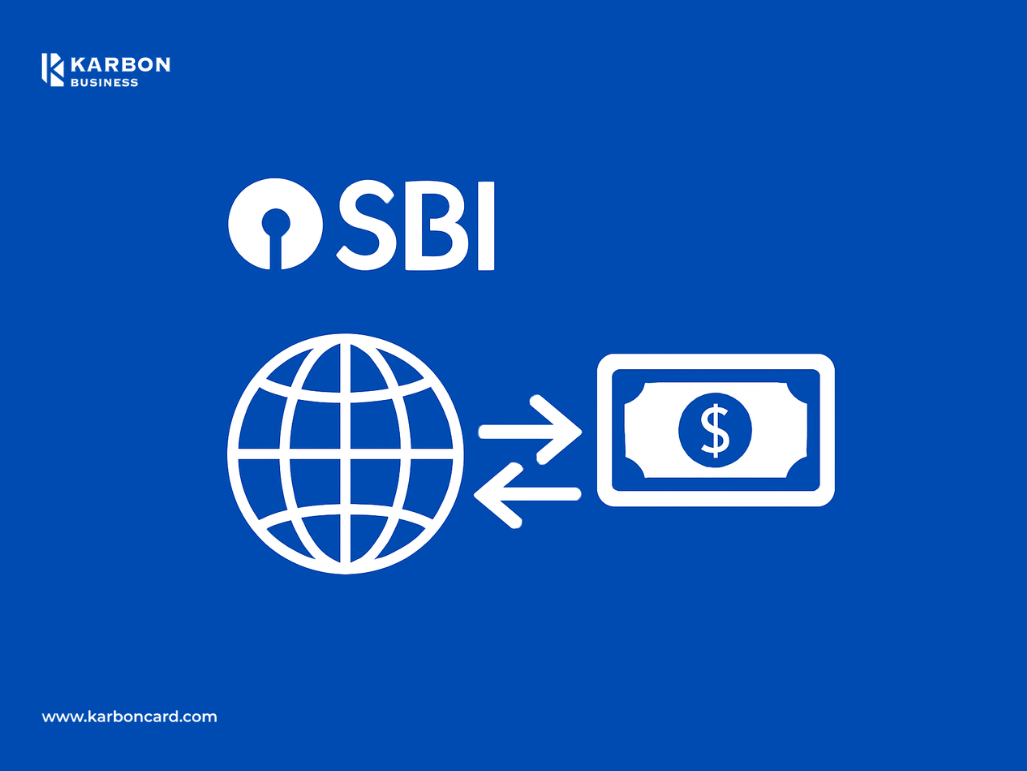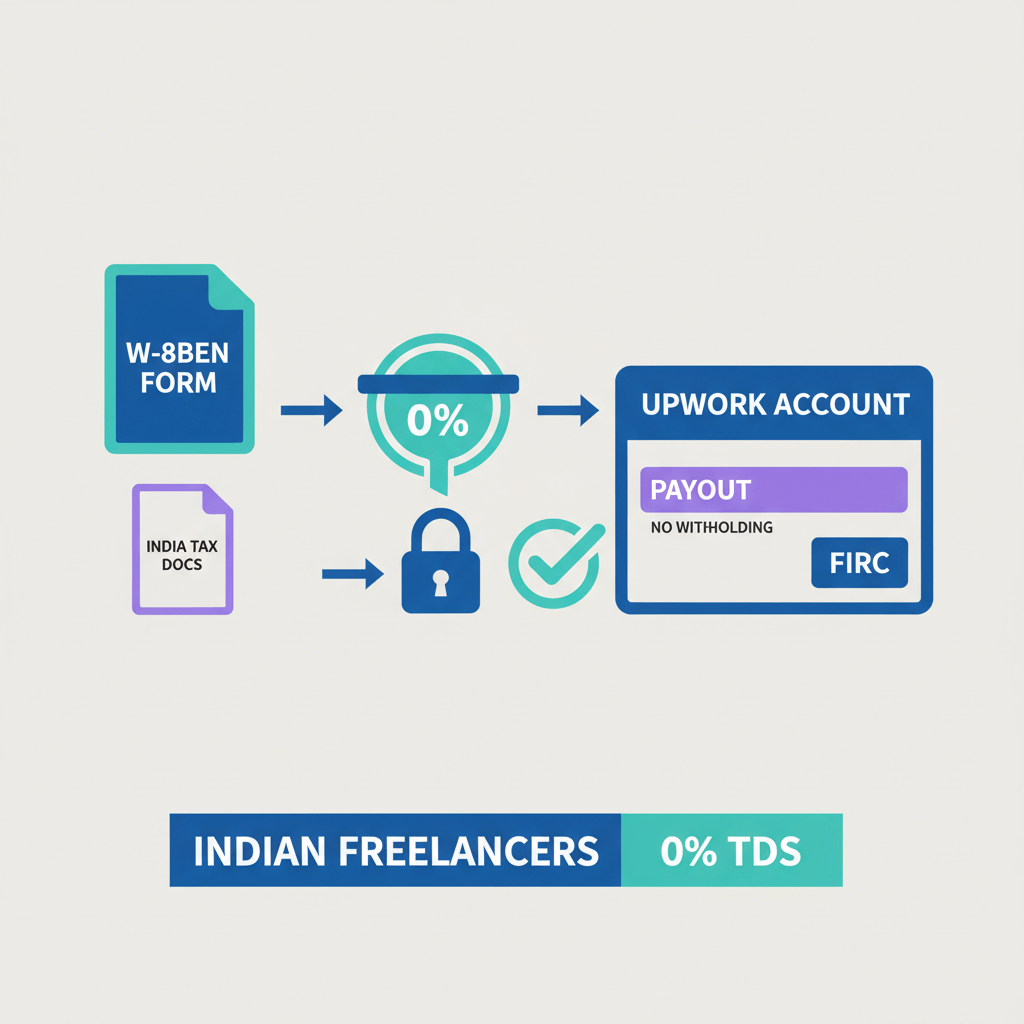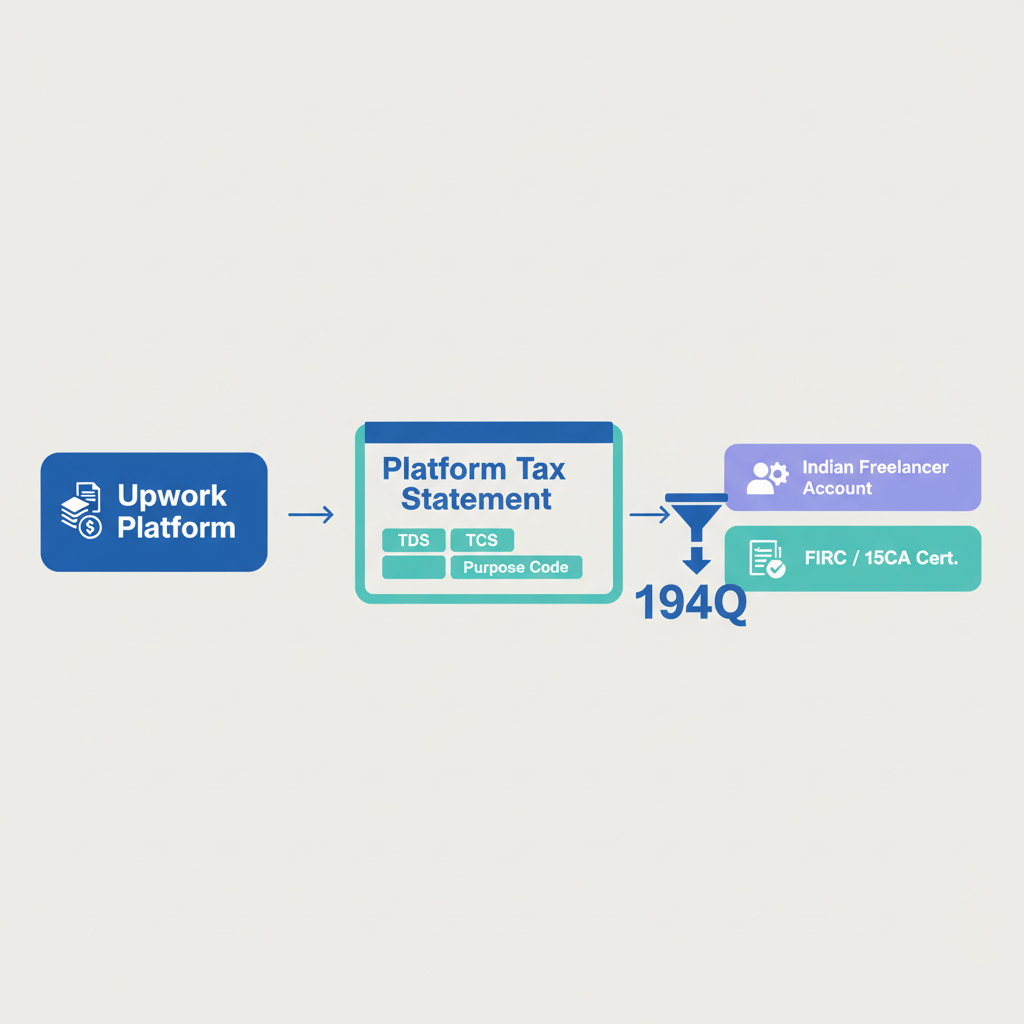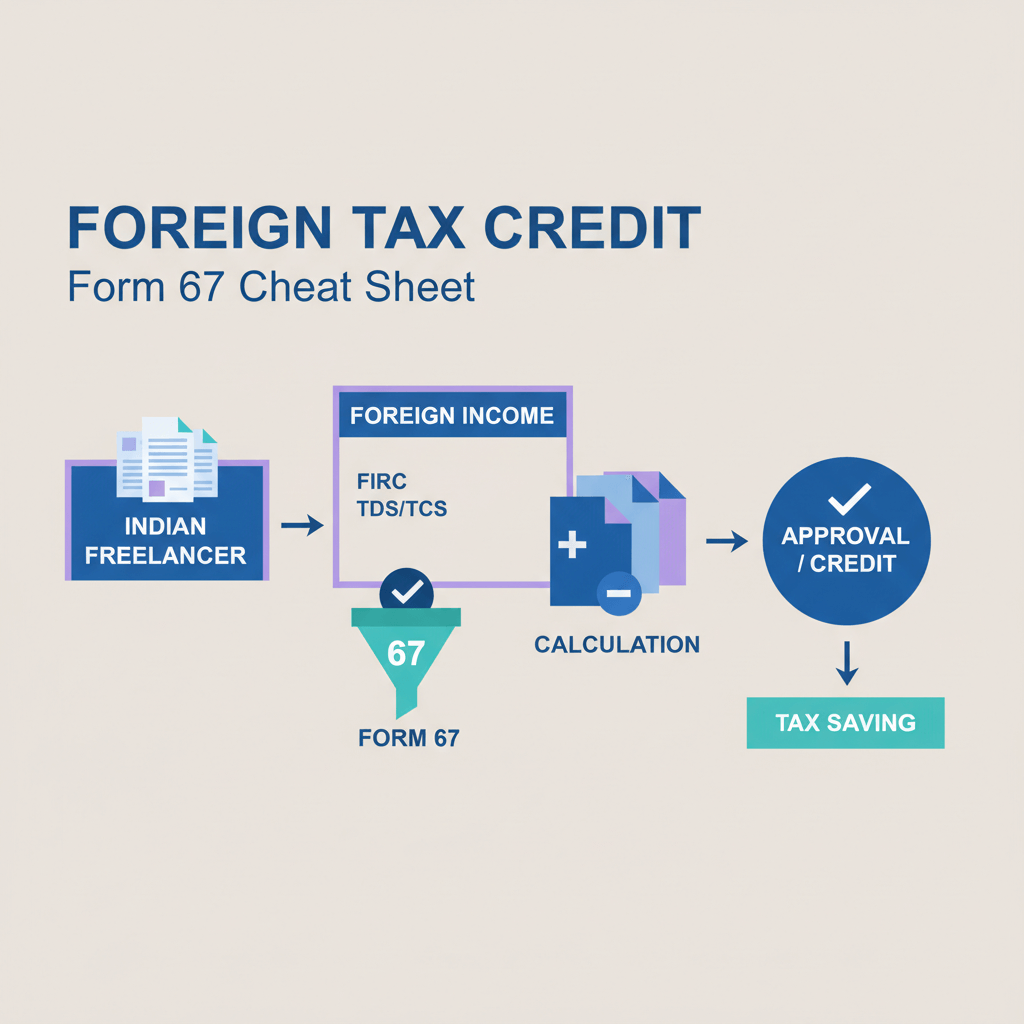Businesses grow and profit by either:
- Importing goods/services at lower costs to reduce production expenses.
- Exporting goods/services to high-demand markets.
- Doing both to maximize global opportunities.
To make all this work, a big part of the equation is being able to send and receive money across borders smoothly. However, international money transfers are far more complex and risky than domestic transactions in India. Cross-border payments involve:
- Fluctuating exchange rates
- Stricter regulatory guidelines
- Higher risk of fraud
That’s why businesses are cautious about the platforms they use for international money transfers. SBI, with its strong reputation and years of experience, is one of the most trusted banks in India.
In its SBI's 2024 annual report, the bank reported a forex turnover of ₹65.55 lakh crore, which highlights its dominant role and reliability in handling international transactions.
In this blog, we will walk you through how exporters, importers, agencies, consultants, and other small and medium-sized businesses can send or receive money abroad using SBI, along with the charges they may incur in the process.
Common Ways for Businesses to Send and Receive Money Using SBI
There are 4 most common ways businesses can use to send and receive money abroad. Different methods exist to cater to different transaction amounts, destinations, and processing needs.
1. SWIFT Wire Transfer
• Inbound: In India, SWIFT wire transfers are the go-to option for businesses receiving payments from international clients or partners. The process is secure and takes 1-2 business days.
• Outbound: To send money abroad, businesses can use SBI’s FXOUT (up to USD 25,000) or REMXOUT (up to USD 5,000) services. The processing time for outward transfers is between 2-7 business days, depending on the destination country.
2. SBI Foreign Currency Account
• Inbound: For businesses receiving payments in foreign currencies (USD, EUR, GBP), the Foreign Currency Account allows funds to be credited directly to the account without the need for currency conversion.
• Outbound: Businesses can also make payments in foreign currencies using this account, saving on conversion fees.
3. SBI Express Remit
Inbound: Businesses turn to SBI Express Remit when they need to receive small amounts from abroad quickly. It’s used for urgent transfers that don’t require extensive documentation. Neither the sender nor the recipient needs an SBI account.
The sender simply registers on the SBI Express Remit platform, initiates the transfer, and SBI handles currency conversion into INR. Businesses can receive payments in 1-3 business days, with a flat fee of ₹250 per transaction.
4. Rupee Outward Remittance
Outbound: Rupee Outward Remittance is a great option if you're sending money to countries like Nepal or Bhutan in Indian Rupees (INR). There’s no need for currency conversion, which can save you on extra fees. SBI charges a transaction fee of 0.125% of the transfer amount (with a minimum fee of ₹125).
However, this service is only available for countries where INR is accepted. While it’s convenient for low-cost transfers, it’s not ideal for larger payments due to transaction limits and its restricted reach.
SBI International Money Transfer Charges (Receive Money In India)
SBI International Transaction Charges (Send Money From India)
SBI vs Other Banks
Like SBI, several other banks in India—HDFC, ICICI, Axis, and Kotak—offer international transaction services. While most of these banks have similar charges for sending and receiving money abroad, your choice may depend on factors like convenience, location, and specific service needs.
Here's a detailed comparison of SBI vs other bank charges:
Are There Platforms Offering Better Rates Than SBI?
Banks like SBI are secure, but their exchange rates are often marked up, and their processing fees can be high. Plus, the documentation process can feel repetitive with every transfer.
In today’s Digital India, platforms like Wise, PayPal, and Karbon offer the same level of security.
With Karbon, you get better rates, the mid-market exchange rate, and faster transfers—all with less hassle than traditional banks.
FAQs
What is the cheapest way to send money abroad using SBI?
The Rupee Outward Remittance service is the most affordable for businesses sending money to countries like Nepal or Bhutan. The transaction fee is just 0.125% of the amount (minimum ₹125), and there's no markup if sent in INR.
How long does it take to receive money via SWIFT with SBI?
Payments received via SWIFT typically take 1-2 business days, depending on the originating bank and country.
How much does SBI charge to receive money through Express Remit?
The charge for receiving money via SBI Express Remit is ₹250 per transaction. There’s an exchange rate markup of 0.125% to 2% above the mid-market rate.
Can I send money in foreign currency using SBI?
Yes, SBI Foreign Currency Accounts allow businesses to send and receive money in foreign currencies without the need for conversion into INR, reducing currency conversion fees.
Does SBI charge a flat fee for all types of international payments?
No, SBI charges different fees depending on the service. For instance, SWIFT transfers may involve additional charges like out-of-pocket expenses for courier/postage, while SBI Express Remit has a fixed charge of ₹250 per transaction.










